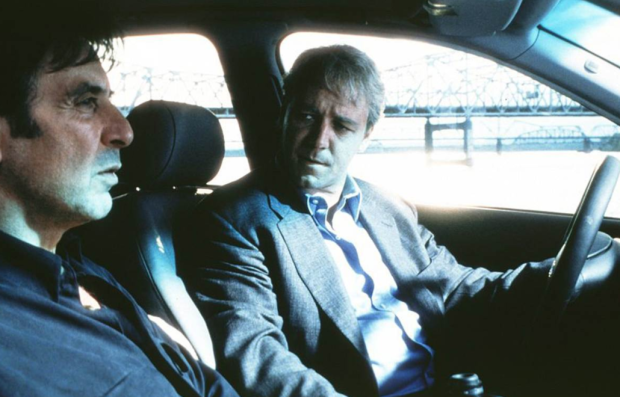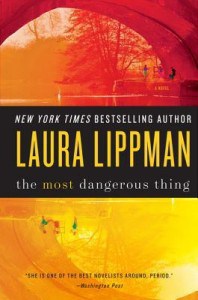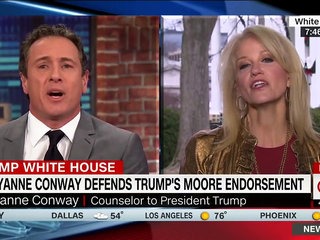
There’s a great moment in Michael Mann’s 1999 film, The Insider, when the protagonist, Jeffrey Wigand (Russell Crowe), visits the office of his former boss, with whom he has some bad blood. Such a situation would be stressful enough for anyone, but Wigand is the former top scientist of a powerful tobacco company, and his boss, an evil CEO, is not done with him yet. He intends to squeeze him. The CEO is played by the always excellent Michael Gambon, and the tension between him and Crowe almost crackles off the screen.
As I was re-watching this scene the other night, I was struck by how particularly relevant it is today. The CEO is going to pressure Wigand to sign a particularly brutal confidentiality contract. If he doesn’t, then the boss will end his severance package, which means that he’ll not only go broke but lose his health insurance. This is a great premise for a scene, full of life-and-death conflict that almost anyone working in corporate America can relate to. How many of us working lain awake at night worrying about a layoff, or some legal jeopardy that our job may have led us to? After all, we’re all one medical bill away from bankruptcy.
Almost every red-button issue in Washington these days—from the fate of Obamacare to Net Neutrality to the climate crisis—can really be reduced to just one: the ever-growing power of corporate America over every aspect of our daily lives. And that is exactly the theme of The Insider. In the movie, Wigand’s character (based on the real-life Jeffrey Wigand, the chemist who famously who blew the whistle on the entire industry, resulting in a flood of billion-dollar lawsuits) has a daughter with asthma, which means the threat of losing his health insurance is particularly terrifying. The CEO knows this, of course, which makes his actions all the more risible.
Not to mention believable. For here’s the thing: I honestly believe that the real reason so many rich people hate Obamacare is because it empowers the working man and woman. The threat of losing one’s health insurance is the 21st Century equivalent of indentured servitude. Employees don’t dare rock the boat too much for fear of losing their job (and, thus, their insurance), especially if they or one of their dependents has a chronic illness. Likewise, you’re less likely to demand a raise if you’re unable to change jobs because of the same fear. 
All that changed, if only briefly, under Obamacare. For the first time in American history, the government was helping average people get insurance, and the effect was unbelievably liberating. People had the power to start their own companies or work freelance. They became more mobile, too, able to go to new cities where jobs might be available.
No wonder so many fat cats like the Koch brothers started foaming at the mouth. Obamacare wasn’t socialism, but it was next best thing—government doing for people what they couldn’t do for themselves.
As another character says in the movie, corporations can now threaten ordinary people with a very special kind of “violence”—that of financial ruination. It’s not just health insurance; a company can sue former employees over all kinds of hypothetical infractions, from violating confidentiality or non-compete agreements, to so-called intellectual property violations, and on and on.
This specter of growing corporate power has been around for a long time, but it has gotten 1,000% worse under Donald Trump. Ralph Nader once called George W. Bush “a corporation masquerading as human being.” If that was the case, then Donald Trump is a CEO masquerading as corporation masquerading as human being. No one is sure whether Trump is a pawn of the Russians, but we are all 100% sure that he is a puppet of big business. Just look at the tax bill that he will soon be signing, which is estimated to further enrich the richest people in the country, at the cost of the middle- and working-classes.
 As I write these words, Disney is attempting to purchase Fox, which would make it the largest media corporation in the country, if not the world. As one analyst quoted in Forbes stated, ““The consumer will likely not benefit from such a deal.” No kidding. But I’m sure the bigger stockholders in both Disney and Fox will profit handsomely (especially after Trump’s new tax bill saves them from any onerous obligations).
As I write these words, Disney is attempting to purchase Fox, which would make it the largest media corporation in the country, if not the world. As one analyst quoted in Forbes stated, ““The consumer will likely not benefit from such a deal.” No kidding. But I’m sure the bigger stockholders in both Disney and Fox will profit handsomely (especially after Trump’s new tax bill saves them from any onerous obligations).
Ironically, watching The Insider gave me some hope. It’s a very dark and pessimistic film, in its own way, but it does end happily (at least, as happily as is possible in this fucked up world of ours). The good guys get their licks in on Big Tobacco, with the help of some brilliant and self-serving lawyers like Mississippi’s legendary Dick Scruggs. I hope some that new “insider” like Jeffrey Wigand appears soon to spill the beans. I think he will. I don’t know if it will be Robert Mueller or some “nobody” from inside government or industry or wherever.
The only real fear I have is whether our press will be strong enough to run with the story when they get it.
Time will tell.
Advertisements Rate this:Share this:
- Share





